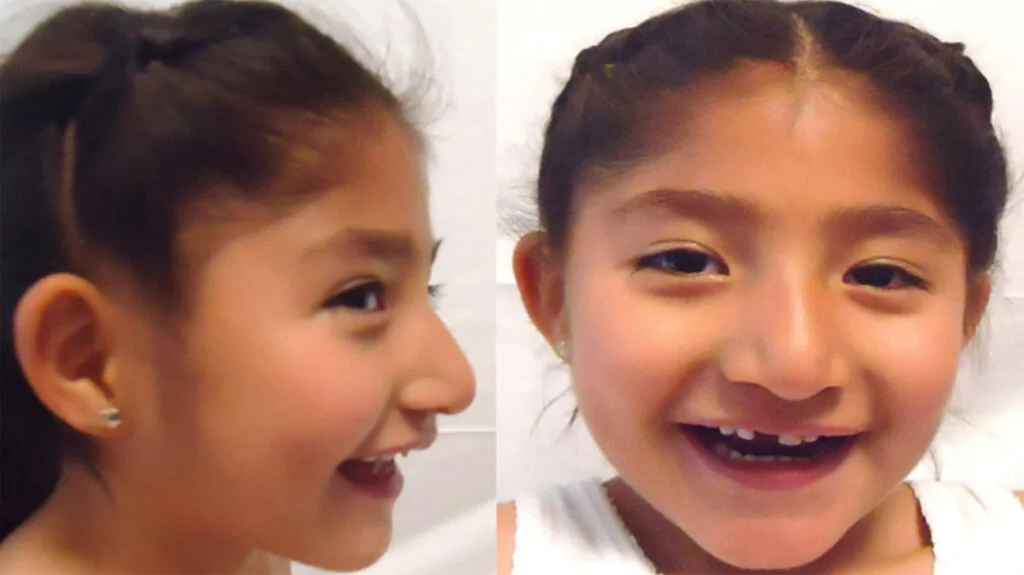Diagnosing and Treating Angelman Syndrome
Identifying Angelman Syndrome Healthcare providers may consider Angelman Syndrome when a child exhibits developmental delays, limited or no speech, or other symptoms such as seizures, coordination difficulties, or a smaller head circumference. Due to symptom overlap with other syndromes, diagnosis can be challenging.
Diagnostic Tests Gene testing through a blood sample is the primary method for diagnosing Angelman Syndrome, identifying chromosomal changes indicative of the disorder. The diagnostic process may include:
DNA Methylation Test: This test checks for specific gene mutations known to cause Angelman Syndrome.
Chromosomal Microarray (CMA): This test detects any missing chromosomal segments.
UBE3A Gene Sequencing: In rare cases, if the DNA methylation test results are normal, sequencing of the UBE3A gene may be conducted to identify mutations in the maternal copy.
An electroencephalogram (EEG) might also be performed due to the association between Angelman Syndrome and seizure activity, measuring the brain’s electrical activity.
Approach to Treatment While there is no cure for Angelman Syndrome, treatment aims to manage symptoms and developmental challenges. A multidisciplinary team collaborates to provide comprehensive care, which may include:
Anti-seizure Medication: To control seizure occurrences.
Physical and Occupational Therapy: To improve mobility and motor skills.
Communication and Speech Therapy: To enhance communication abilities, potentially using sign language and visual aids.
Behavior Therapy: To address hyperactivity, attention issues, and support developmental progress.
Sleep Management: Through medication and sleep training techniques.
Nutritional Support: Including dietary adjustments and medication for feeding difficulties and digestive issues.
Navigating the Journey with Angelman Syndrome: Support and Resources
Embracing the Diagnosis Learning that your child has Angelman Syndrome can be overwhelming. The uncertainty about the future and concerns about meeting your child’s healthcare and developmental needs are common. However, numerous support systems are available to guide you.
Collaborative Care Approach Establishing a trusted network of healthcare providers, including specialized therapists, is essential. This team will not only assist in making informed decisions regarding your child’s care but also connect you with community resources tailored to your needs.
The Power of Community Engaging with support groups can offer comfort and a sense of solidarity. Sharing experiences with other families who understand your situation can provide emotional support and practical advice. Inquire with your child’s healthcare provider for recommendations on local support groups and organizations dedicated to Angelman Syndrome. These connections can be invaluable in your family’s journey.
Preparing for Your Neurology Appointment: A Guide for Angelman Syndrome
When preparing for an appointment regarding your child’s development and potential symptoms of Angelman Syndrome, it’s important to be thorough and organized. Here’s a structured approach to help you get ready:
Documentation and Observation
Record Symptoms: Note down any developmental delays or unusual symptoms your child has exhibited, along with the onset timing.
Developmental Records: Bring your child’s baby books, growth charts, and any other developmental records. Visual aids like photos and videos can be particularly illustrative.
Medical History: Compile a comprehensive list of your child’s medical history, including any concurrent conditions, medications, vitamins, or supplements, complete with dosages.
Support System
Accompaniment: Consider having a family member or friend accompany you to provide support and assist in recalling the information discussed during the appointment.
Questions for Your Healthcare Professional Prepare a list of questions to ask, such as:
What could be the cause of my child’s symptoms?
Could there be other conditions that present similar symptoms?
What diagnostic tests will be necessary?
Is there a need for my child to consult a specialist?
Questions for the Specialist If referred to a neurologist, you might want to ask:
Could my child have Angelman Syndrome?
What complications might arise from this condition?
What treatment options are available?
What is the prognosis for my child’s condition?
Is genetic testing advisable for my child or family members?
What other specialists should we consult?
How can we connect with other families dealing with Angelman Syndrome?
Anticipating Questions from the Healthcare Provider The doctor may inquire about:
Your child’s feeding and nutrition.
Milestone achievements compared to age-related expectations.
Any observed difficulties with balance or coordination.
The frequency and nature of your child’s emotional expressions.
Behavioral patterns, such as hand flapping.
Your child’s communicative abilities, particularly verbal communication.
Sleep patterns and quality.
Any occurrence of seizures and their frequency.
Family history of Angelman Syndrome or related genetic conditions.
Remember, the more information you provide, the better equipped your healthcare provider will be to assist you. Don’t hesitate to ask any questions you have to ensure you’re fully informed about your child’s health.
Category | Details |
|---|---|
Overview | A genetic condition causing developmental delays, speech and balance issues, intellectual disability, and sometimes seizures. Characterized by frequent smiling, laughter, and a generally happy demeanor. |
Symptoms | Developmental delays, intellectual disability, limited speech, movement and balance issues, frequent smiling and laughter, excitability, feeding and sleep difficulties. |
Causes | Changes in the UBE3A gene on chromosome 15. Usually, only the maternal copy of this gene is active, and issues arise when it is missing or damaged. |
Risk Factors | Angelman Syndrome is rare and often has no family history, but a family history of the disease may increase risk. |
Complications | Feeding problems, hyperactivity, sleep disturbances, scoliosis, and obesity. |
Prevention | Genetic counseling is recommended for those with a family history of Angelman Syndrome or for parents of a child with the condition. |
Diagnosis | Based on developmental delays and other symptoms. Blood tests and gene testing can confirm the diagnosis. |
Treatment | No cure, but treatment focuses on managing symptoms and developmental issues with medication, therapies, and dietary changes. |
Coping and Support | Collaborative care with healthcare professionals and therapists, and support groups for families. |
Preparing for Appointment | Document symptoms and development, medical history, and prepare questions for healthcare professionals. |


